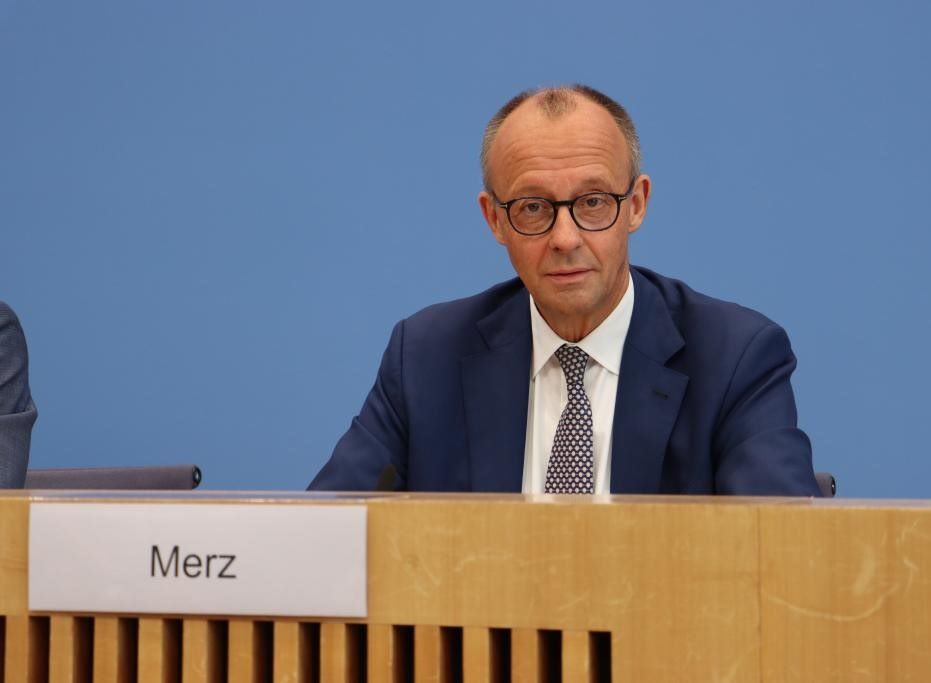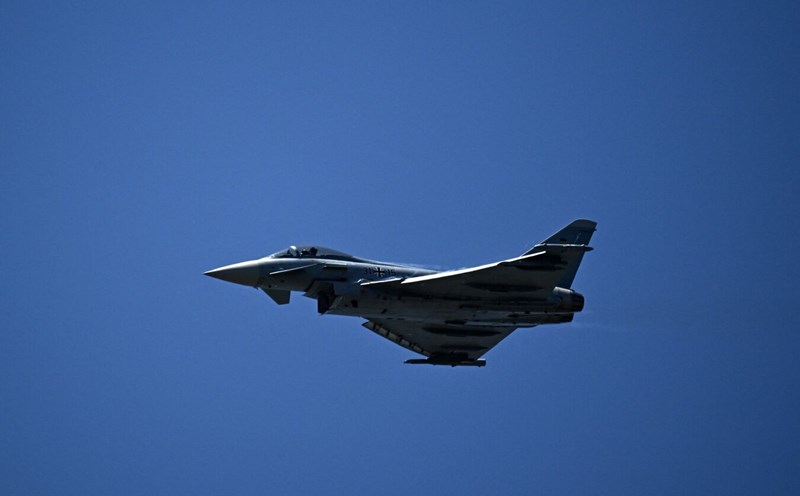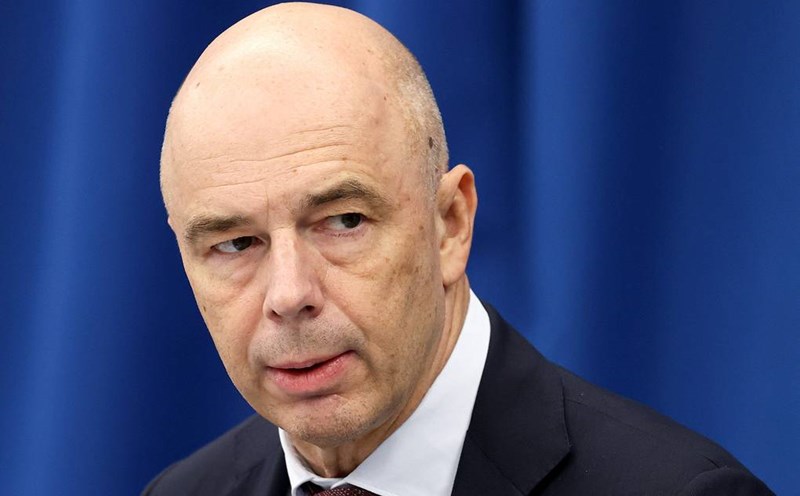General of medicine Ralf Hoffmann - head of the German military's health agency (Bundeswehr) - said that the German armed forces are expected to suffer 1,000 injured soldiers per day in the event of a conflict with Russia.
To prepare for this scenario, Mr. Hoffmann said that the German army is preparing plans to transport war invalids by train and bus, and at the same time requested the civil health system to reserve about 15,000 hospital beds to receive soldiers.
The actual figure we are talking about is about 1,000 people injured every day, Hoffmann said on September 22.
Berlin has repeatedly warned of the risk of direct conflict between NATO and Russia since the outbreak of the Ukrainian war in 2022. Bundeswehr chief of staff, General Carsten Breuer, stressed that Germany must be ready to face Russia before 2029.
Meanwhile, Russia has repeatedly denied accusations of planning to attack NATO countries. Kremlin spokesman Dmitry Peskov even warned, "Germany is becoming dangerous again" after Defense Minister Boris Pistorius declared that the country's soldiers were ready to destroy Russian soldiers if the confrontation exploded.
German Chancellor Friedrich Merz has also repeatedly made harsh statements criticizing Russia and pledged to turn the Bundeswehr into the strongest regular army in Europe. Mr. Merz also urged the West to increase economic pressure to " makes Russia exhausted".
Since 2022, Berlin has sharply increased defense spending, becoming the second largest arms supplier to Kiev after Washington. The Leopard tank transferred by Germany was used by Ukraine in its offensive into Russia's Kursk region.
However, in the country, German Chancellor Friedrich Merz's political prestige is in record decline.

A survey by the INSA Institute published in Bild newspaper shows that 62% of German voters surveyed were not satisfied with the Prime Minister's way of operating, while only 26% expressed their support. The CDU-SPD coalition government also enjoys an unprecedented level of confidence.
Germans are currently most concerned about escalating living costs, the immigration crisis, high taxes and the possibility of welfare cuts. However, Mr. Merz still affirmed that tightening measures are necessary to revive the economy and maintain support for Ukraine.
The far-right AfD - which strongly opposes spending money on Kiev - is taking advantage of this wave of dissatisfaction to increase its influence, becoming the second largest political force in the Federal Assembly and leading in many polls.








